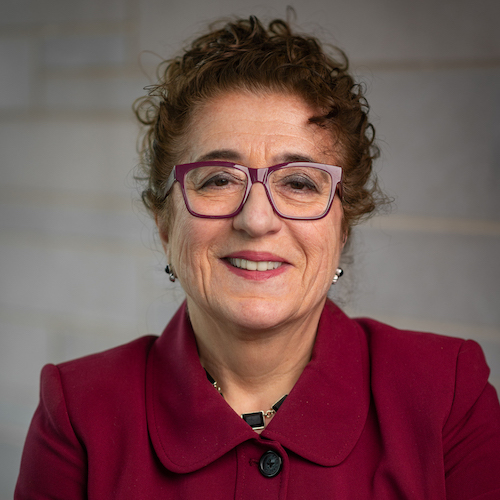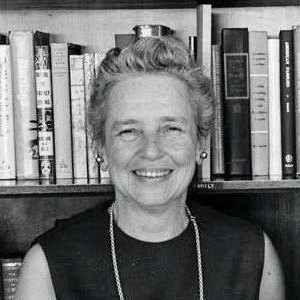Bernice Pescosolido to give Matilda White Riley Distinguished Lecturer keynote address at NIH Honors event in Washington, DC

Dr. Bernice Pescosolido, director of the Irsay Institute
The Irsay Institute is proud to announce that Director Bernice Pescosolido will give the Matilda White Riley Distinguished Lecturer keynote address at the 17th NIH Matilda White Riley Behavioral and Social Science Honors event on May 20th in Washington, DC. Held by the National Institutes of Health Office of Behavioral and Social Sciences Research (OBSSR), the ceremony also recognizes emerging scientists whose research reflects Dr. Matilda White Riley’s vision of research excellence in health-related behavioral and social sciences.
The event will be held in a hybrid format with details to be released through the NIH website. (Update 4/25: Registration is now open!)
Matilda White Riley, Ph.D., (1911–2004) was a celebrated scientist and member of the National Academy of Sciences whose transformative work and leadership in the behavioral and social sciences at the NIH is honored annually by the Office of Behavioral and Social Sciences Research.
Each year, NIH honors the research trajectory and continuing influence of Dr. Matilda White Riley in the behavioral and social sciences across and beyond the NIH. Recipients of the Distinguished Lecturer are selected for having a research career that has advanced behavioral and social scientific knowledge in areas within NIH’s mission and that expands on Dr. White Riley’s work, including:

Matilda White Riley. Source: NIH
- An expanded conceptualization of health and wellbeing that includes effective cognitive, affective and social functioning; and quality of life
- Behavioral and social sciences research results that improve the lives of people and society
- Illumination of the complex and dynamic interplay among processes at multiple levels (e.g., interactions between genes and the built, natural, and social environment)
- Influence of social and behavioral factors on physical health and the utility of this knowledge for clinical practice and health policy
- A life course perspective on the development, health, and well-being of individuals and societies
- Research approaches that build theory and methods in the advancement of knowledge on health and well-being.